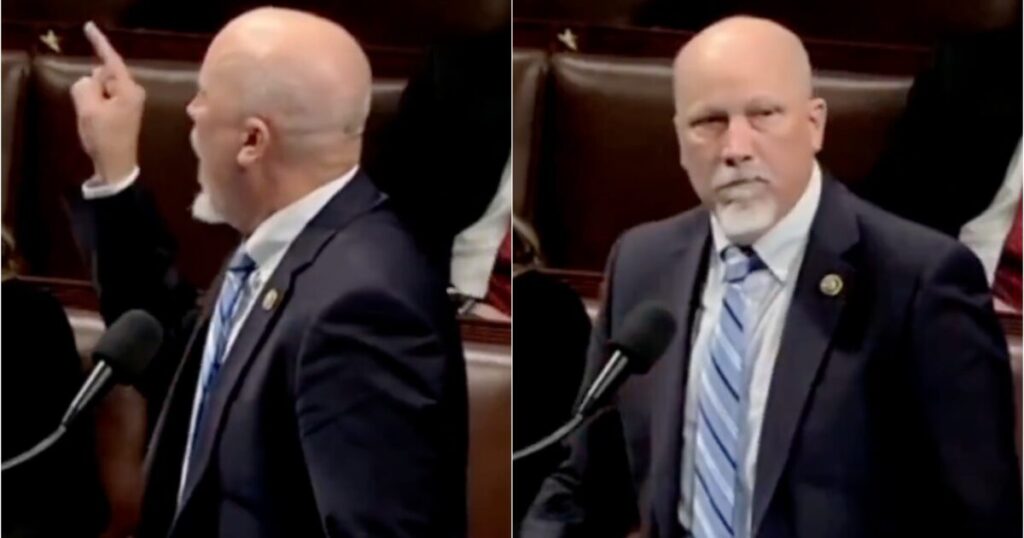In a significant recent House vote concerning a continuing resolution (CR) intended to avert a government shutdown, Representative Chip Roy (R-TX) voiced strong criticism of his own Republican colleagues. The bill in question was designed to suspend the debt ceiling and temporarily fund the government, but it faced internal party resistance. Roy’s discontent culminated when former President Donald Trump took to Truth Social, deriding Roy as “another ambitious guy, with no talent,” and suggested primary challengers should rise against him in Texas. Trump’s comments underscored a broader tension within the Republican Party, as he admonished members who deviated from the “America First” agenda, framing their actions as a betrayal of essential party principles.
Within the context of the vote, Trump characterized Roy’s conduct as obstructive, positing that such actions threaten Republican prospects and accord undue advantage to Democrats. He further argued that accepting any deal orchestrated under President Biden’s administration could ultimately impede the party’s long-term goals. Trump concluded that some party members, including Roy, lacked the necessary understanding of politics and were jeopardizing the vision of “Making America Great Again.” As the vote proceeded, Roy’s objections reflected a growing rift within the GOP, where traditional conservative fiscal principles seemed to clash with the current leadership’s direction.
The American Relief Act of 2024, endorsed by Trump, was ultimately defeated in a bipartisan vote. About 38 Republicans sided with the Democrats, rejecting the bill due to its heavy financial implications. The proposal sought to authorize spending increases exceeding $100 billion and a $4 trillion elevation of the debt ceiling. Critics of the bill, including Roy, warned that it not only neglected fiscal responsibility but also failed to address budgeting frameworks, further contributing to the nation’s growing debt burden. This internal opposition highlighted a debate within the Republican Party about the principles of fiscal conservatism and how they should be applied in legislative contexts.
Roy’s vehement rebuke of the proposed legislation spotlighted his concerns surrounding what he perceived as a reckless fiscal stance. He argued that the bill represented an unacceptable increment in national debt, relating specifically to a purported $5 trillion increase. His argument grew more pointed as he highlighted the $110 billion in unpaid expenses contained within the bill and criticized the suspension of PAYGO— a system established for maintaining budgetary discipline. The rhetoric around these issues raised questions about the party’s commitment to its core values and the role of fiscal responsibility in guiding political representation.
In a passionate speech on the House floor, Roy illustrated the gravity of the fiscal crisis confronting the nation. He underscored a personal commitment made to his family upon overcoming cancer, vowing to advocate for responsible governance. By connecting his personal narrative to broader political themes, Roy sought to emphasize that increasing national debt only exacerbated an already precarious situation for future generations. His focus on numbers was unavoidable, as he noted the enormity of the debt and the annual interest, criticizing both sides of the aisle for their contributions to the deficit without tangible steps to rectify it.
Roy concluded by addressing the urgency of adopting a serious approach toward debt reduction, emphasizing that simplistic tax cuts without correlated spending cuts would not suffice. As discussions in Congress unfold, the diverging philosophies among Republicans, particularly surrounding fiscal policies and governmental operations, will likely continue to affect party unity and legislative efficacy. Roy’s remarks not only reified his stance against the current direction taken by many within his party but also forecasted the potential for deepened internal conflicts as the Republican Party reckons with its identity and future pathways in governance.

